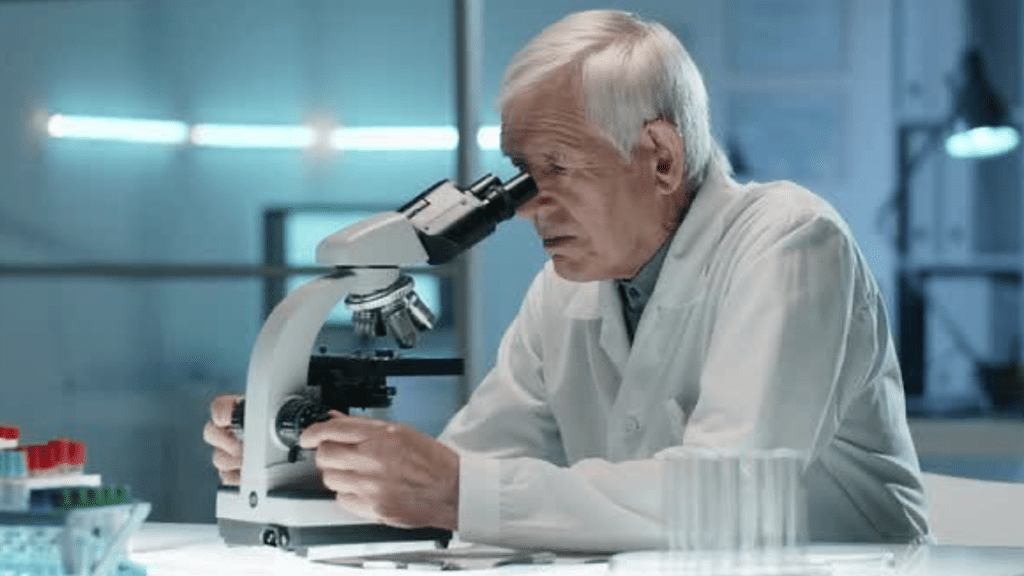
The search for immortality has evolved into the quest for a “cure” for aging, or senescence. If researchers could prevent one from aging (or at least slow down the process), then we could expect to live longer. Some anti-aging techniques have focused on replacing damaged cells with new stem cells. The problem has been identifying which damaged cells are directly involved in senescence. Moreover, the damage primarily affects nonrenewable cells whose replacement is impossible, such as nerve cells. The prospects for a “cure” seem dim.
There does exist a glimmer of hope. Scientists at Tel Aviv University showed that turning back the clock is not impossible. They believe they’ve identified a key component in our DNA that contributes largely to senescence: telomeres. Telomeres are at the ends of chromosomes and protect the chromosome from deterioration; they function much like the protective tip at the end of shoelaces.The scientists showed that giving pure oxygen to older people while in a hyperbaric chamber increased the length of their telomeres by 20%. Senescent cells (or cells that normally deteriorate with age) also significantly decreased. Preventing the deterioration of our cells is a thing now!
Telomeres are now a large focus of anti-aging research now. As Professor Shai Efrati, one of the researchers in the study, stated: “Since telomere shortening is considered the ‘Holy Grail’ of the biology of ageing, many pharmacological and environmental interventions are being extensively explored in the hopes of enabling telomere elongation.”
Could reviving telomeres be the cure for aging? It looks like it could be. However, if it is not we need not to be worried about the prospects for aging. Telomere therapy could be a viable option for seniors in the future to lead a healthier life. Perhaps shortening the telomere could be used as a pain prevention technique, or as a preventative for diseases like Alzheimer’s Disease, Dementias (ADRD), or other senior-related (mental) diseases.
At the end of the day, maybe a fuller life doesn’t mean a longer life, but a healthier one. This research is enlightening and gives us hope, but seniors must not be reliant on (or even be distracted by) these results. There are still tangible ways of preventing the effects of aging such as leading a healthy physical and psychological life, taking vitamin supplements, and even eating well-balanced meals. A healthier life should be the real Holy Grail but a longer life is nice too.
WellPath Partners is your senior resource referral guide. Follow us on ALL social media platforms and join us weekly for more content and public health discussions.
By: Jonathan Reza
Office Support Specialist at WellPath Partners
B.S. in Philosophy at University of Redlands
M.A. candidate in Philosophy at California State University, Long Beach
